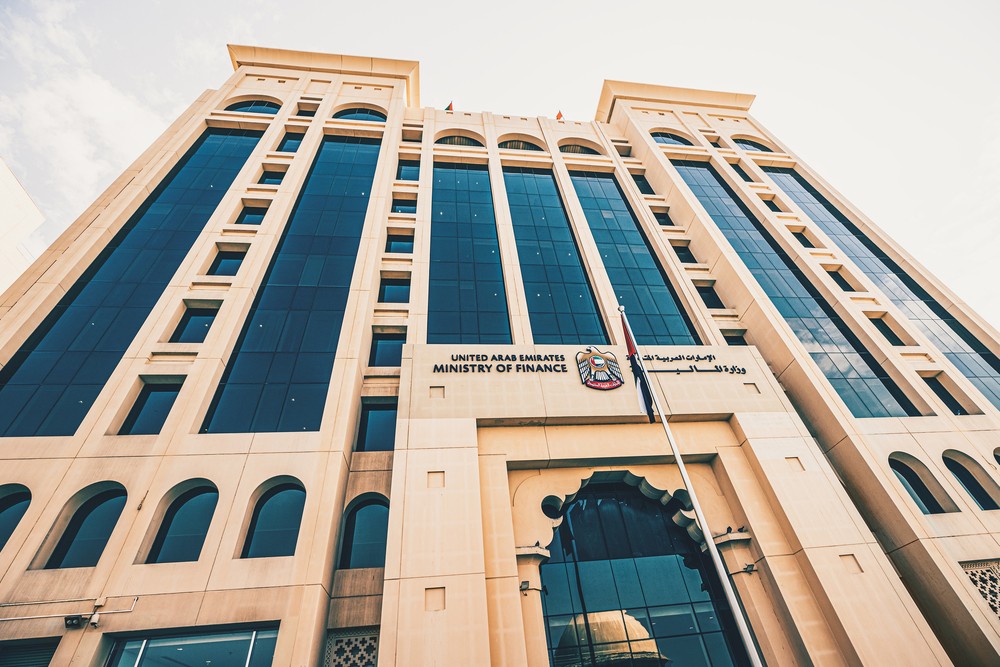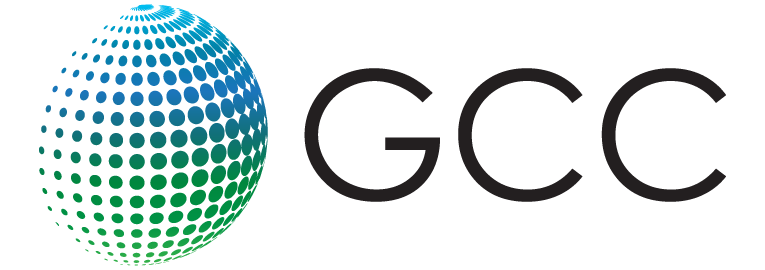
11 Mar New MoE AML Circular – March 2021
The worldwide compliance focus is shifting. The message of FATF is increasingly stronger when it comes to risk and risk based approach practices. The onus of demonstrating understanding and good practice in terms of identifying clients, their source of wealth and any potential risks their business endeavors might pose to the unstable AML/CTF status quo is now deemed to be on advisors, corporate services providers, accountants, lawyers, brokers, agents etc. Good practice means a good assessment of your client’s background, personality, and intentions. The barrage of regulatory changes in relation to AML/CTF following the 2018 FATF country report has started in 2021 with Ministry of Economy Circular Nr. 3 dated 04 February 2021 (the “Circular”). The Circular identifies Designated Non-Financial Businesses and Professions (DNFBPs) as a sector of focus, with a view of regulatory supervision and certain mandatory reporting requirements, similar to the requirements already in place for DNFBPs under the UAE’s financial freezones. The sectors identified by the Circular are:
- Real estate brokers and agents.
- Dealers in of precious metals and stones.
- Account auditors.
- Company Services Providers.
The Circular lists the mandatory obligations for DNFPBs to be:
- Appoint a compliance office and register their name and details with the regulator;
- Abiding by the newly implemented UBO regulations (UAE Cabinet decision Nr. 58 of 2020);
- Reporting of suspicious transactions (similarly to financial institutions);
- Registration to the goAML system;
- Registration to the automatic reporting system for sanctions and ensure that the appointed compliance officer follows the newest sanctions list published;
- Implementing AML/CTF polices in line with the existing laws and regulations in the UAE namely:
- UAE Federal Decree Law No. (20) of 2018 On Anti-Money Laundering And Combating The Financing Of Terrorism;
- Implementation Regulations No. (10) of 2019 for Decree-law No. (20) of 2018 On Anti-Money Laundering And Combating The Financing Of Terrorism;
- UAE Cabinet Decision No. (58) of 2020 Regulating the Beneficiary Owner Procedure;
- Circular No. 1 of 2020 Concerning the Procedures of Cabinet Decision No. (74) of 2020 regarding the terrorist list system and the implementation of security council resolutions related to preventing and suppressing terrorism and its financing, counter of proliferation and its financing, and the relevant resolutions;
- UAE Cabinet Decision No. (74) of 2020 Regarding Terrorism Lists Regulation and Implementation of UN Security Council Resolutions on the Suppression and Combating of Terrorism, Terrorists Financing & Proliferation of Weapons of Mass Destruction, and Related Resolutions;
The Ministry of Economy retains its role as a regulator through supervisory, monitoring and inspection capabilities.
The Circular is a step forward to ensuring legitimacy of business operations in the UAE. Where the UAE business environment was frowned upon for being fairly relaxed in terms of KYC procedures, anti-money laundering and counter terrorist financing policies and restrictions related to market entry for individuals or companies involved in or associated with such activities, the new regulations show a concerted effort on behalf of the local authorities to remove this stigma and step up to support the global efforts to tackle these threats and to create a fair, secure and stable market place.
Please contact us at [email protected] for any questions you may have about the Circular and how these may impact your business.




Sorry, the comment form is closed at this time.